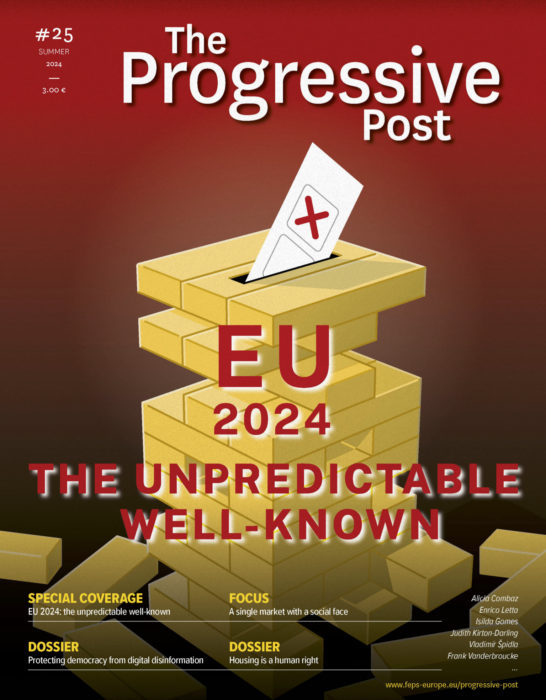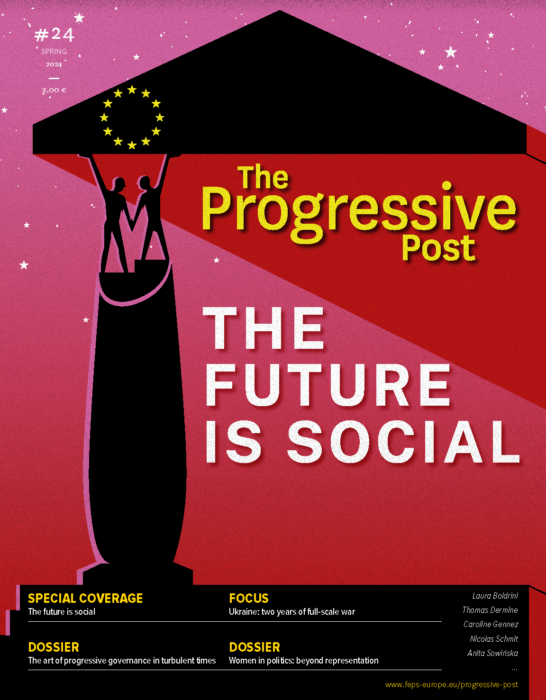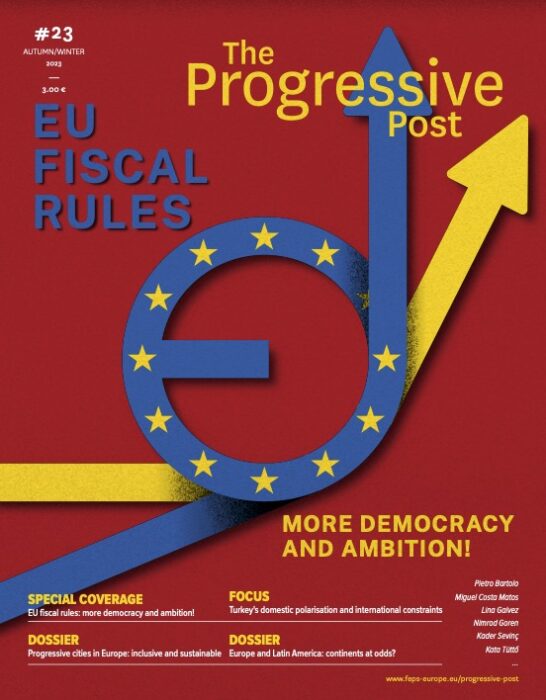/* Style Definitions */
table.MsoNormalTable
{mso-style-name:"Table Normal";
mso-tstyle-rowband-size:0;
mso-tstyle-colband-size:0;
mso-style-noshow:yes;
mso-style-priority:99;
mso-style-parent:"";
mso-padding-alt:0cm 5.4pt 0cm 5.4pt;
mso-para-margin:0cm;
mso-para-margin-bottom:.0001pt;
mso-pagination:widow-orphan;
font-size:12.0pt;
font-family:Cambria;
mso-ascii-font-family:Cambria;
mso-ascii-theme-font:minor-latin;
mso-hansi-font-family:Cambria;
mso-hansi-theme-font:minor-latin;
mso-ansi-language:EN-GB;}
In partnership with Freedom and Solidarity Foundation, Latvia,
Food waste accounts for 8% of Global Greenhouse Gas emissions. Sustainable Development Goal number 12 is dedicated to this issue and aims to halve global food waste by 2030.
Not only does addressing food waste help reduce our resources and protect our environment but also hunger and poverty. It helps create jobs, services and save money for households. At EU level food waste is included in the circular economy action plan from 2015. Currently there are subgroups working on some details and a monitoring methodology should be launched at EU level in September 2018.
Many of the issues around food waste involve awareness-raising, more education, information and communication on how people can help. This extends from producers, to suppliers and consumers so at different points in the food chain. Nevertheless there are many projects and legislation being adopted at various governmental levels in different countries to help facilitate services and logistics in this sector, consequently already a lot we can learn from and use in adaptation processes.
Main investigators: MEPs, NGOs, experts from partner and other think tanks.
Publications related: Study with various authors, to be launched in summer 2018.
Events related: Seminar to be planned in summer in Riga to launch and discuss the study.














